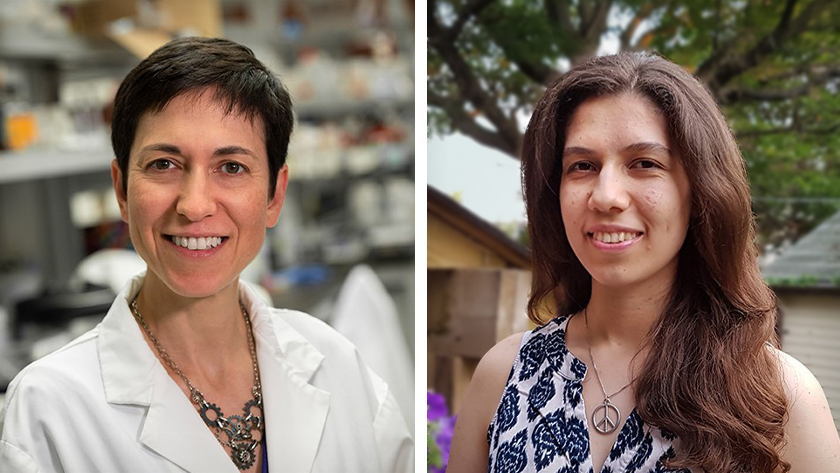
Researchers at the Krembil Brain Institute have identified distinct subtypes of post-concussion syndrome. The research team was able to define these subtypes by analyzing brain structure and function.
“The changes that occur in the brain following a concussion are poorly understood and the severity of symptoms can vary considerably between patients,” explains Dr. Carmela Tartaglia, a Clinician Investigator at the Krembil Brain Institute and the senior author of the study. “If we can identify the biological signatures of post-concussion syndrome, we can more effectively diagnose and treat the condition”.
The researchers set out to understand how brain changes experienced after a concussion lead to symptoms. To do this, they examined brain scans from 96 patients who were treated for a concussion at University Health Network’s Canadian Concussion Centre. Patients who experienced post-concussion symptoms such as headache, dizziness, anxiety or memory problems for at least three months were included in the study.
“We grouped patients based on their patterns of brain connectivity and examined whether the groups differed in terms of cognitive, neuropsychiatric and behavioural symptoms,” says Melisa Gumus, a PhD student and first author of the study, who completed this research while a master’s student in Dr. Tartaglia’s lab.
The research team looked at the structural and functional brain connectivity in those with post-concussion syndrome and compared what they saw to healthy individuals. By doing this, they were able to split the individuals with post-concussion syndrome into two groups: one with brain connectivity similar to healthy individuals; and another with distinct brain changes.
The team then looked at these two groups to see what symptoms were experienced by each. Only mild symptoms were experienced by those who had brain connectivity similar to healthy individuals. The second group, which had distinct brain changes, experienced more severe symptoms and higher levels of depression, anxiety and aggression.
These results suggest that there is variability in the brain changes that follow a concussion, and that examining changes in brain connectivity may help clinicians predict symptom severity.
“More research is needed to determine whether changes in brain connectivity can serve as biomarkers to distinguish between mild and severe post-concussion syndrome. When it comes to recovering from a concussion, one size does not fit all. Being able to identify subtypes of the syndrome could enable us to provide patients with personalized therapies,” concludes Dr. Tartaglia.
This work was supported by the Government of Ontario, the Canadian Traumatic Brain Injury Research Consortium and the UHN Foundation.
Gumus M, Mack ML, Green R, Khodadadi M, Wennberg RA, Crawley A, Colella B, Tarazi A, Mikulis D, Tator CH, Tartaglia MC. Brain Connectivity Changes in Postconcussion Syndrome as the Neural Substrate of a Heterogeneous Syndrome. Brain Connect. 2022 Feb 14. doi: 10.1089/brain.2021.0127.

Dr. Carmela Tartaglia (L) is a Clinician Investigator at the Krembil Brain Institute and an Associate Professor at the Tanz Centre for Research in Neurodegenerative Diseases, University of Toronto. Melisa Gumus (R) is a PhD Student in Dr. Tartaglia’s lab.

